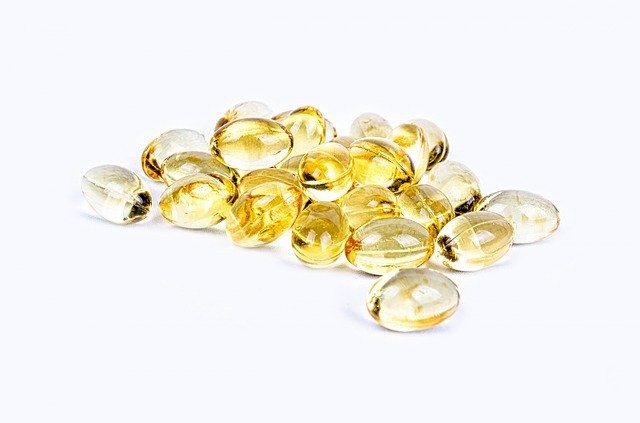Vitamin D Deficiency Symptoms You Have to Look Out For
Vitamin D Deficiency had recently been linked to risk of contracting COVID-19, as a new study suggests.

The study was published Thursday by the Journal of the American Medical Association. It stated that vitamin D deficiency increases the risks of COVID-19.
A CTV News report noted that of the 489 people who tested positive for COVID-19 between March 3 and April 10, 19% suffer from vitamin D deficiency.
However, there is still a need for further research on the matter. The study also noted other factors can contribute to COVID-19 risks such as age, obesity, and diabetes.
Age and Ageing noted that vitamin D deficiency is a common health problem, with about a billion people having it worldwide. There are 41.6% of adults who suffer from this, and the number goes up to 69.2% in Hispanics, said Nutrition Research.
Whether it adds to the risks of getting COVID-19 or not, it is still important to address.
Here are five signs and symptoms you have to look out for:
You Get Sick Often
One of the key roles of vitamin D is keeping a person's immune system healthy. This lets your body fight off viruses and bacteria that can cause illness.
The vitamin interacts directly with cells that are responsible for fighting infections, said Molecular Nutrition Food Research. If you often catch colds or the flu, you are likely to be low on vitamin D.
Several studies have also shown a link between the deficiency and respiratory tract infections like pneumonia and bronchitis, Healthline reported.
One of the best ways to fight this off is to take vitamin D supplements. Doing so may lower any risks of respiratory tract infections.
You Feel Tired Often
Tiredness has many symptoms, and vitamin D deficiency can also be one of them. Usually, it isn't seen as a potential cause.
One observational study in female nurses found this strong connection. Interestingly, the Global Journal of Health Science found that 89% of the nurses suffered from vitamin D deficiency.
You Experience Bone and Back Pain
Vitamin D also helps in maintaining bone health. For one, it improves how well your body can absorb calcium.
Suffering from pain in your bones and lower back may be signs that you are low on vitamin D.
There have been several studies to have noted the link between deficiency and chronic lower back pain.
Your Wounds Heal Too Slowly
Wounds that heal far slower than usual can also be signs of low vitamin D levels in the blood.
A study from Burns noted that the vitamin could increase the production of compounds that aid in wound healing.
Vitamin D holds a role in controlling inflammation. Having less of it can also contribute to the slow healing process, as suggested in a British Journal of Nutrition study.
You Suffer from Hair Loss
Hair loss, which has also been linked to COVID-19, is often attributed to stress. It is certainly a common cause, but something else can also be caused if it grows severe.
Vitamin D deficiency can be one of those causes.
There is still very little research on this to data. However, low vitamin D levels is also linked to alopecia areata. It is an autoimmune disease linked to severe hair loss from the head and other body parts.
Check these out!
Vitamin D Deficiency Linked to COVID-19 Risk, New Study Finds
COVID-19: Hair Loss Continues to be A Problem Among the Patients
These Small Everyday Activities Put You at COVID-19 Risk
Subscribe to Latin Post!
Sign up for our free newsletter for the Latest coverage!

















